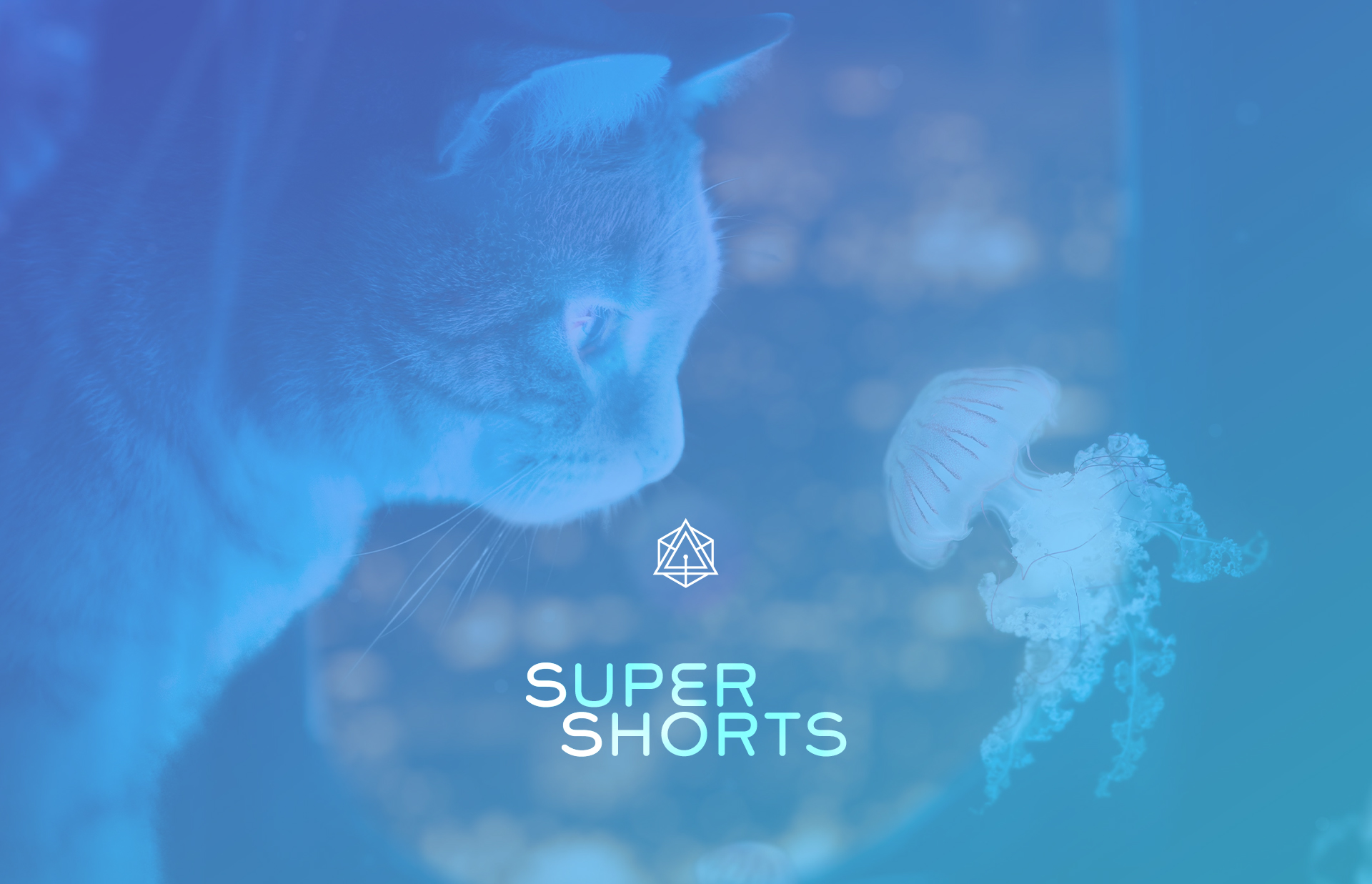Curiosity killed the cat… or not
“A person should stay alive, if only out of curiosity.” ~Yiddish Proverb
Folk tales often link curiosity to danger. Yet, if you picture your world without curiosity, it will appear quite bland.
Curiosity is one of the personality traits that Positive Psychology views as fundamental to human functioning and the ability to flourish. Here we will discuss what role curiosity plays in our lives, how to use it effectively, and what happens when it is misaligned.
So, how do you make curiosity work to your advantage?
Some feel that curiosity is a nuisance and others view it as an engine behind progress. Let’s examine curiosity in greater detail.
Curiosity is associated with a spark of interest in the surrounding world, a desire to understand the reason behind things, openness to new experiences, and an urge for exploration. Curious people are often comfortable with a state of uncertainty, which serves as a buffer against anxiety. This allows curious people to step out of their comfort zone.
Curiosity not only makes our lives more enjoyable, but it can also drive us to accomplishments and help us to recover when we are feeling blue. As a cure from stagnation, curiosity can drive us to seek new paths and ask questions. Curiosity can help us re-examine established ideas, to troubleshoot and innovate. Or, it can simply be highly pleasurable without a strict sense of purpose, when we discover new things for their own sake.
In my practice, I seek to bring out curiosity in clients because it is a great call to action. It is easy to find motivation about something that you are curious about. Furthermore, when things don’t work out right away, you may try again, compelled by curiosity. Even the shyest and self-doubting people forge forward propelled by wonder.
When curiosity acts as bonus points:
Curiosity helps with a sense of meaning, personal growth, and self-development. Curiosity about people helps with building personal connections, noticing others’ emotional states, and reaching out accordingly, resulting in better interpersonal skills.
The pleasure of curiosity allows us to find solace when we are sad or stressed. Being able to escape into things that we enjoy doing generates a lot of good energy and contributes to emotional recovery. Recall that one of the hallmark signs of depression is lack of interest. If we can find things we are interested in, we can help diminish depression.
When curiosity acts as boss levels:
There is a myriad of wonderful things about curiosity, yet it can also lead us into dysfunctional territory.
Have you ever been in a class discussion when someone was asking incessant questions that were all over the place, derailing the discussion? Or someone who was probing too deeply into a sensitive topic without realizing the impact? This and insensitivity are examples of misuse of curiosity.
When curiosity is scattered and without focus, it can result in an undisciplined approach to a goal. It is hard to complete a task when there are no limits to questions you keep asking. Sometimes, it helps to stop and reflect on how to narrow the question which will allow you to systematically focus on the solution.
Finally, incessant curiosity in pushing boundaries can result in reckless behavior, be it as related to adventure or disrespecting the privacy of others. Sometimes we forgo reason for the sake of a dopamine ping, the same way mice in a lab will choose electrical shocks to their pleasure centers over the food they need to survive. Pausing to reflect on whether we are ignoring important information, particularly related to the safety of oneself and others, will help you better evaluate the risks involved.
CURIOSITY / TRY THIS
Sometimes we are all forced to do boring tasks. Here is how you can make them less dull:
- Consider a task that you need to do on regular basis, but one that you find boring …
- Next time you do this task, try to find 3 interesting new things about it. List them (or set up your Personal Myth feature on evrmore to track these new activities as potential skills you want to build)
- Think about what makes them interesting (record a series of time capsules in evrmore and let the AI show you how your attitudes are changing by becoming aware of the power of your own curiosity!)
By Inna Yulman
Certified Coach, ACC



